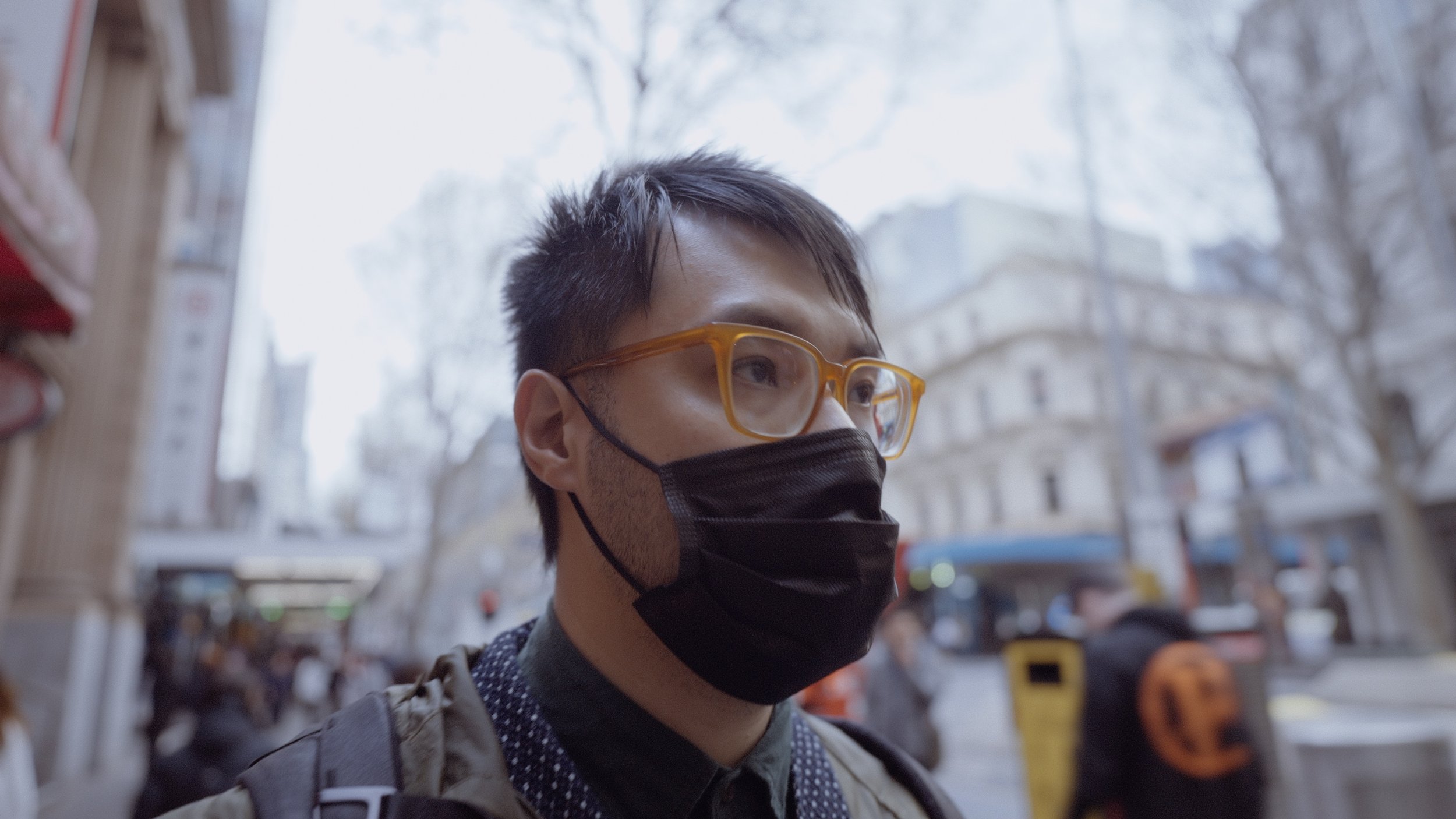Our Value
Change is never easy, and even the most experienced teachers are trying to find balance in our new normal. Sector-wide adaptation is slow, iterative, and frustrating, but in my opinion still preferable to being thrown head first into the deep end.
This is the unenviable position that new teachers find themselves in, where the entirety of their teaching experience is filled with one-way conversations to virtual rooms of disembodied black screens. The joy of communicating and connecting with students is lost on them, simply because they’ve never experienced it.
In spite of this unique (and unfortunate) start to their careers, new teachers are offered unsolicited advice all the time - what works, what doesn’t work, what they’re doing wrong, what they can be doing better… I try to take a different approach when mentoring teachers in my network, in an attempt to help them find what works best for them.
In the last blog post I talked about how teachers don’t have to be entertaining to be effective. To instead focus on the craft of learning design and the intricacies of the subject matter first. Today let’s dig a little deeper and talk about knowing our value in the classroom.
Who knows a “know-it-all”?
Unless you already know all there is to know, odds are the first class you teach won’t be on a topic you know everything (or anything) about. Yes you may be a discipline “expert”, but you will very quickly realise how truly interdisciplinary everything is and how little any of us actually knows. In science, experts are rewarded for the depth and specificity of our knowedge, but in teaching breadth and scope are much more useful. Nothing reaffirms the lingering traces of the impostor syndrome than last minute panic googling before you head into a classroom.
That was my experience for the first 5 years of my teaching career - I was never allocated a lecture or a class that I felt entirely comfortable with, and my own training (in biochemistry, cell biology, microbiology, bioinformatics, information technology…) never seemed to be a perfect fit for the topic of the day. I became a quick study, and knew the ins and outs of learning new things online. The breadth of my knowledge base expanded to a point where I could readily make legitimate (if not tangential) connections between most concepts and my own research training, or something of interest more broadly.
The more I taught, the more I realised that my value as a teacher does not reside in the ability to regurgitate expansive tomes of knowledge on demand. Instead my skills in connecting new concepts to students’ existing understanding was what could maximise student learning.
Tell Me Why
A concrete example of this was the time I was “invited” to teach a class on Forensic Science - early post mortem indicators, time of death calculations, markers of corpse decomposition…
Spoiler alert: I do not work in forensics.
I’ve never felt more out of my comfort zone than having to follow the workings of “legitimate” forensic scientists to reverse engineer a class on these concepts. Who am I to teach this material to students? What “authenticity” (whatever this means) do I bring to the table, and why should anyone want to listen to me? I couldn’t figure out my value in this moment, and I had writer’s block for many weeks leading up to the semester.
It turns out that context is everything and students engage with subject matter when it’s relevant to their everyday lives. They engage with teachers who provide those connections to things they already know. Modern forensic testing relies upon many of the same techniques used in chemistry, biochemistry, and molecular biology, all of which are subject to variability. Plate to plate, sample to sample, person to person - there is simply too much diversity in living organisms to completely eliminate margins for error.
As a molecular scientist who had to use these laboratory techniques under highly controlled reproducible conditions, my perspective on the acceptable levels of variability in forensic testing has value. My curiosity in collaboratively exploring the limitations of forensic testing with students has value. Whatever your previous experiences may be, juxtaposing those against any learning materials has value.
Once I developed enough self-awareness to explain why my unique perspective is valuable for learning in any environment, I became a much more effective communicator and educator.
Every teacher brings something different to the table, and it’s up to us to articulate our value.
Jack.




